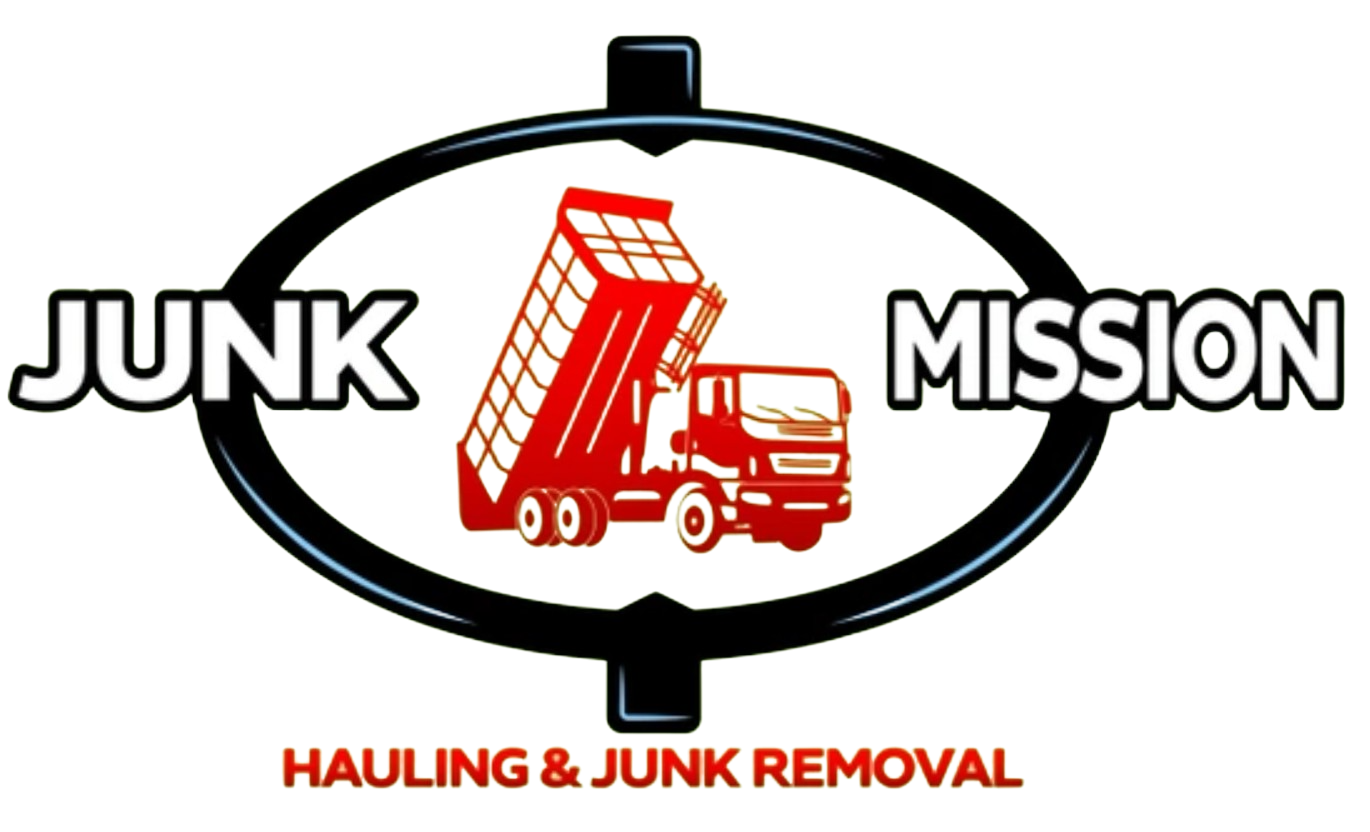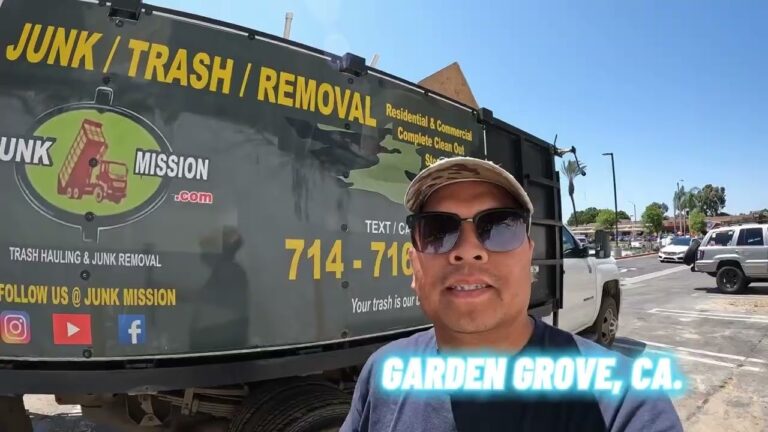The Best Garden Grove Trash Pick Up and Recycling: Eco-Friendly Practices for Residents
Waste management is essential to maintaining a healthy, sustainable, thriving community. To ensure a clean environment and a high quality of life for residents in a vibrant city like Garden Grove, efficient waste management practices are a responsibility and a necessity for effective waste management.
More than 171,000 individuals reside in Garden Grove. Like many other cities, Garden Grove generates substantial waste annually. Without effective waste management, the public health in Garden Grove is at risk.
This article explores the significance of recycling and eco-friendly practices in Garden Grove, special waste disposal, and how waste management facilities can contribute to efficient waste management.
Garden Grove Trash Pick-Up Schedule
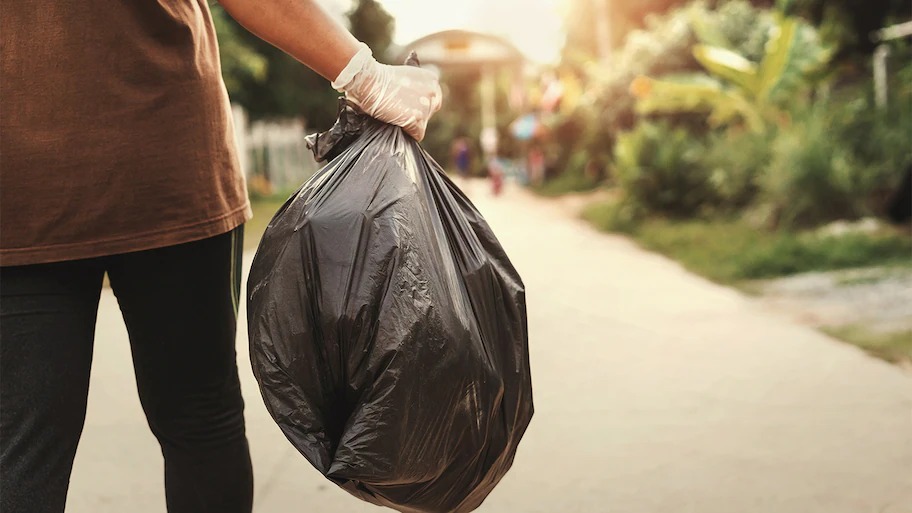
Garden Grove utilizes an area-based approach to curbside collection, which maximizes efficiency by dividing the city into distinct geographical areas. Allocated specific trash collection days to each site allow waste management crews to cover designated areas systematically.
These predetermined days enable residents to anticipate when their trash will be collected, encouraging them to follow proper waste disposal procedures:
- Monday: Parts of 9th St., W. Katella Ave., Brookhurst St., and Orangewood Ave.
- Tuesday: Parts of Acacia Parkway, West St., Brookhurst St., Lampson Ave., and Garden Grove Blvd.
- Wednesday: Parts of Lampson Ave., Valley View St., Chapman Ave., Western Ave., and Garden Grove Freeway
- Thursday: Garden Grove Blvd., Magnolia St., Lampson Ave., and Trask Ave.
- Friday: Parts of Harbor Blvd. Trask Ave., Westminster Blvd. West St., and Brookhurst St.
Garden Grove may modify the curbside collection schedule during holidays and special events. The city may reschedule waste collection during holidays when disruptions to city services could affect the regular work schedule. Moreover, during special events that attract larger crowds or generate more trash, waste management crews may alter pick-up routes to accommodate the increased demand.
Understanding Types of Waste
Understanding the distinctions between biodegradable and nonbiodegradable waste forms the basis for efficient waste segregation and management practices.
Biodegradable waste consists of organic materials that microorganisms can decompose over time. It includes food scraps, paper, yard debris, and other plant-based materials. As these items disintegrate, they contribute to the ecosystem’s health by returning valuable nutrients to the soil.
On the other hand, nonbiodegradable waste comprises materials that do not decompose naturally or do so very slowly. This group includes plastics, synthetic fabrics, glass, and metals. As it accumulates in landfills, nonbiodegradable waste poses a significant environmental challenge, as it can cause pollution and habitat destruction.
Separating biodegradable and nonbiodegradable waste prevents contamination of recyclable materials with non-recyclables, thereby enhancing the efficiency of recycling processes in Garden Grove. It enables the efficient recovery of resources from recyclable materials, thereby reducing the demand for virgin materials and mitigating environmental impact.
Municipal waste, or household trash, is generated daily in homes, offices, and public spaces. This waste stream consists of both biodegradable and nonbiodegradable substances. In contrast, the origins of industrial waste include manufacturing, construction, and commercial activities. It frequently contains hazardous substances like chemicals, heavy metals, and pollutants.
Recycling in Garden Grove
Single-stream recycling is a method of recycling in which all people deposit recyclables in a single container. It contrasts traditional recycling methods, in which people separate recyclable materials such as paper, plastic, metal, and glass into distinct categories.
Single-stream and traditional recycling methods generally accept similar materials, including paper, plastic, glass, and metal.
Recycling, regardless of the method, offers numerous advantages, including resource conservation, waste reduction, energy savings, job creation, and community pride.
To maximize the effectiveness of recycling efforts, avoiding common mistakes, such as contamination, putting non-recyclables in the bin, bagging recyclables, and not rinsing containers, is crucial.
To avoid these mistakes, it is essential to:
- Avoid placing greasy boxes, plastic bags, and food waste in the recycling bin.
- Do not put non-recyclable materials in the recycling bin.
- Rinse out recyclable containers before placing them in the recycling bin.
- Put recyclable materials in the trash only if the local recycling program does not accept them.
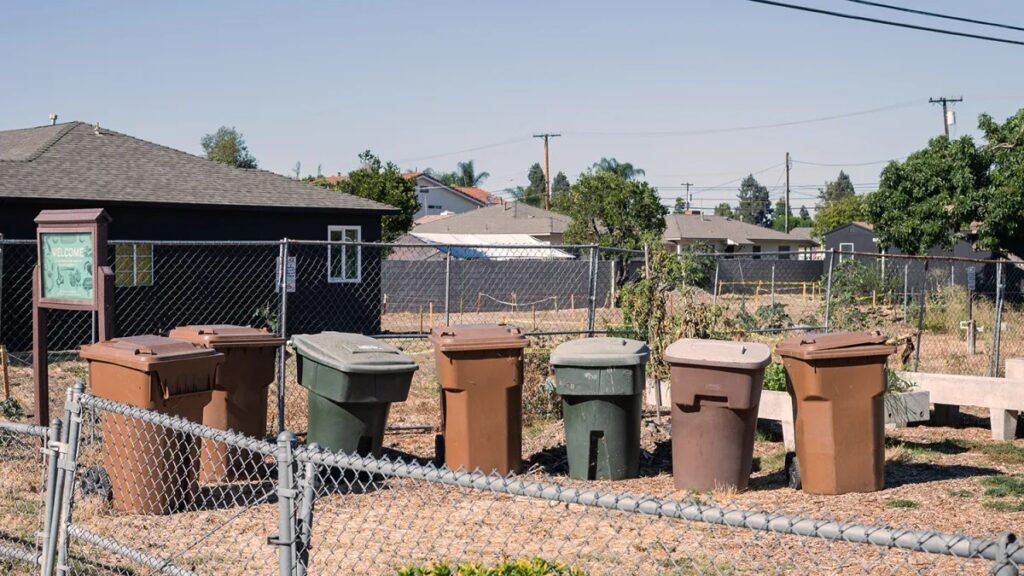
Diving Deeper into Eco-Friendly Practices
As individuals, communities, and cities strive to reduce their environmental impact and promote a more sustainable lifestyle, the zero-waste movement has gained remarkable momentum. The campaign promotes a circular economy in which materials are reused and recycled as much as possible, with minimal landfill debris.
Composting is fundamental to the zero-waste philosophy. It converts organic materials, such as food scraps and yard refuse, into nutrient-rich soil amendments.
Fruit and vegetable peels, coffee grounds, eggshells, and yard debris are examples of compostable materials. These materials decompose naturally, enriching the soil and decreasing waste in landfills. Plastics, metals, and synthetic materials cannot undergo composting and should never find their way into containers.
While reducing waste is the objective, it is essential to dispose of non-compostable and non-recyclable items responsibly. Bin liners are an excellent method to prevent trash from leaking and keep it contained. These liners decompose naturally and will not contribute to refuse accumulation.
There are numerous community-driven and local initiatives promoting sustainability. These initiatives may include sanitation programs, recycling initiatives, and education campaigns. Through composting programs, Garden Grove allows residents to compost their food scraps and yard refuse. The city has recycling programs that collect paper, plastic, metal, and glass, among other recyclable materials.
Looking for Trash Pick Up service?
Navigating Special Waste Disposal
E-waste includes discarded electronic devices, utilities, and gadgets. This category encompasses everything from refrigerators and televisions to smartphones and laptops. When illegally disposed of, e-waste frequently contains hazardous substances such as lead, mercury, and cadmium, which can leach into soil and water. These dangerous substances pose a threat to ecosystems and human health.
Another special waste disposal includes items that don’t fit on recycle bins. Functional furniture and appliances often find new homes through donation or resale, reducing waste and benefiting others. Considering their environmental impact, large quantities of garbage should view landfills as a last resort for disposal.
Another type of waste that can be hazardous to human health and the environment is toxic waste. To prevent these dangers, safely disposing of toxic waste is crucial. There are designated dangerous residential waste collection sites in Garden Grove where people can dispose of toxic materials such as batteries, fluorescent light bulbs, and small electronic components.
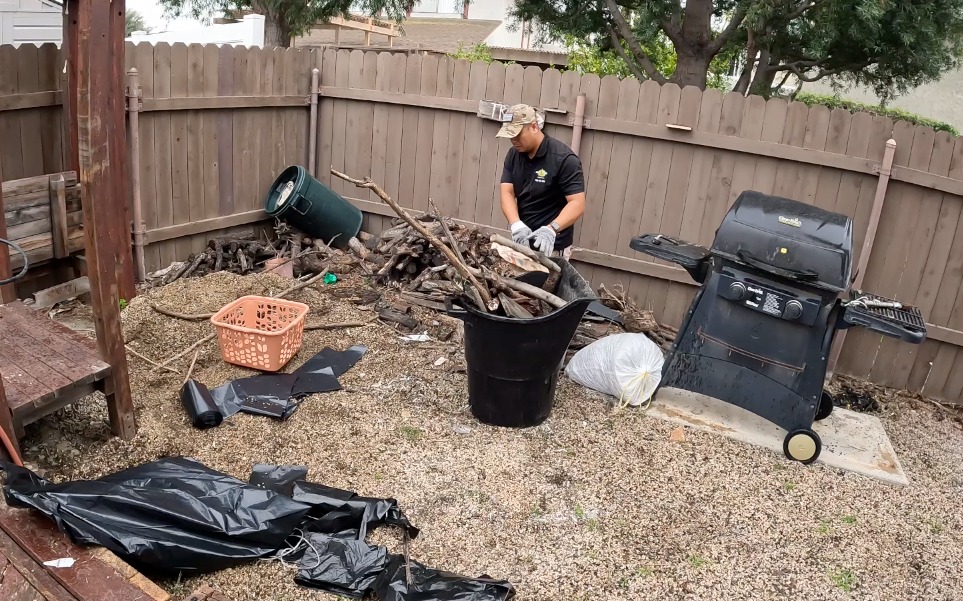
The Role of Waste Management Facilities
As designated locations for the disposal of non-recyclable and non-compostable waste, landfills play a vital role in waste management systems. These landfills serve as secure disposal sites for waste that cannot be recycled, composted, or recovered. It aims to separate debris from the environment and prevent it from polluting the air, water, and soil. Landfills help avoid the escape of harmful gases, such as methane, and to reduce the danger of fires.
Garden Grove features four recycling centers. These facilities accept many recyclable materials, including paper, plastic, metal, glass, and electronic waste. Recycling centers aid in the reduction of refuse sent to landfills and incinerators.
- Republic Services, Inc.: 1131 North Blue Gum Street, Anaheim
- CVT Public Disposal Center: End of Coronado Street, West of Blue Gum Street
- CVT Public Recycling Center: 1071 North Blue Gum Street, Anaheim
- Household Hazardous Waste Collection Centers: 1071 North Blue Gum Street, Anaheim
Recycling centers help reduce greenhouse gas emissions compared to producing goods from virgin materials. Compost facilities divert organic materials like food waste and yard trimmings from landfills, reducing landfill waste and associated environmental impacts. Hazardous waste disposal sites adhere to strict regulations to ensure the safe handling, storage, and disposal of dangerous materials.
Regulations and Best Practices
The municipality of Garden Grove has established specific rules and regulations to ensure appropriate waste disposal, promote environmental stewardship, and protect public health.
Residents are required to segregate recyclables, compostables, and non-recyclables before disposal. Adherence to the designated collection days ensures efficient and punctual waste removal from residential areas. Additionally, strict protocols govern the safe handling and disposal of hazardous materials, emphasizing community safety and environmental protection.
Fines for violations of waste management regulations serve as a deterrent against unlawful waste disposal. Garden Grove implemented a fine of $100 for the first violation, $200 for the second, and $500.00 for each additional offense. The municipality conducts inspections to ensure compliance with waste management regulations.
When handling hazardous waste, it is essential to utilize protective gear, such as gloves, goggles, and respirators. Ensure adequate waste containment to prevent leakage and spills that could harm the environment and pose health risks.
Conclusion
Eco-friendly waste management is vital for protecting the environment and public health. The city of Garden Grove has implemented numerous waste management and recycling programs. Residents can contribute to these initiatives by recycling, composting, and disposing of waste properly.
Garden Grove residents can participate actively in the community’s waste management and recycling initiatives. Join local workshops, volunteer for cleanup campaigns, and encourage friends and neighbors to embrace responsible waste disposal.
Frequently Asked Questions
How can I safely dispose of hazardous waste materials?
Use the proper personal protective equipment when handling bulky items or hazardous waste. Follow municipal guidelines for the safe handling and disposal of hazardous materials.
What can I do as a Garden Grove resident to support eco-friendly waste management?
Participate in local seminars, assist with cleanup efforts, and report any violations you observe. Encourage peers and neighbors to adopt recycling and responsible waste disposal practices.
What are the benefits of recycling centers and compost facilities in Garden Grove?
Residents can drop off recyclable materials at recycling centers, diverting them from landfills and conserving resources. Composting facilities transform organic waste into nutrient-rich compost, reducing waste sent to landfills and promoting sustainable gardening and agriculture. Contact Junk Mission today!
